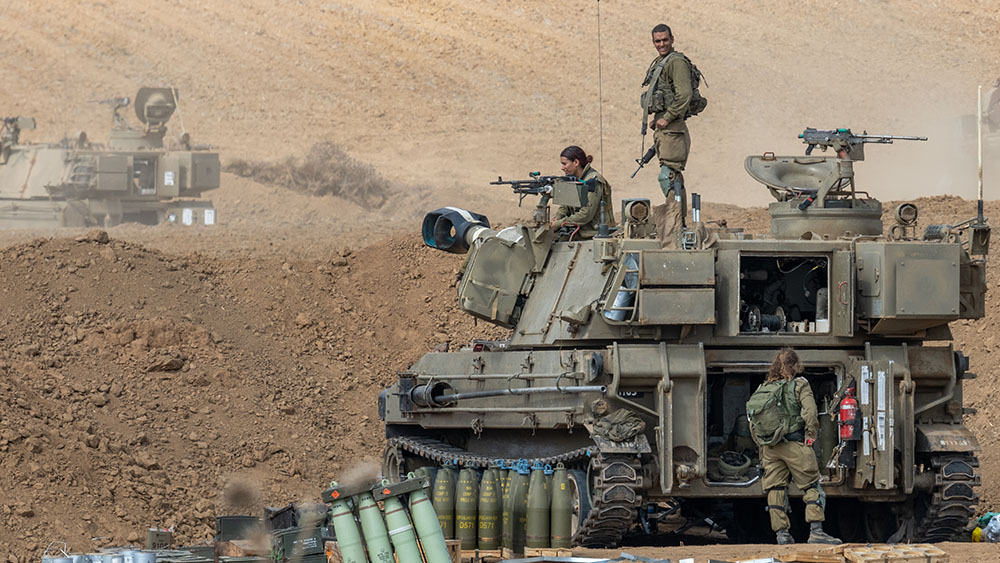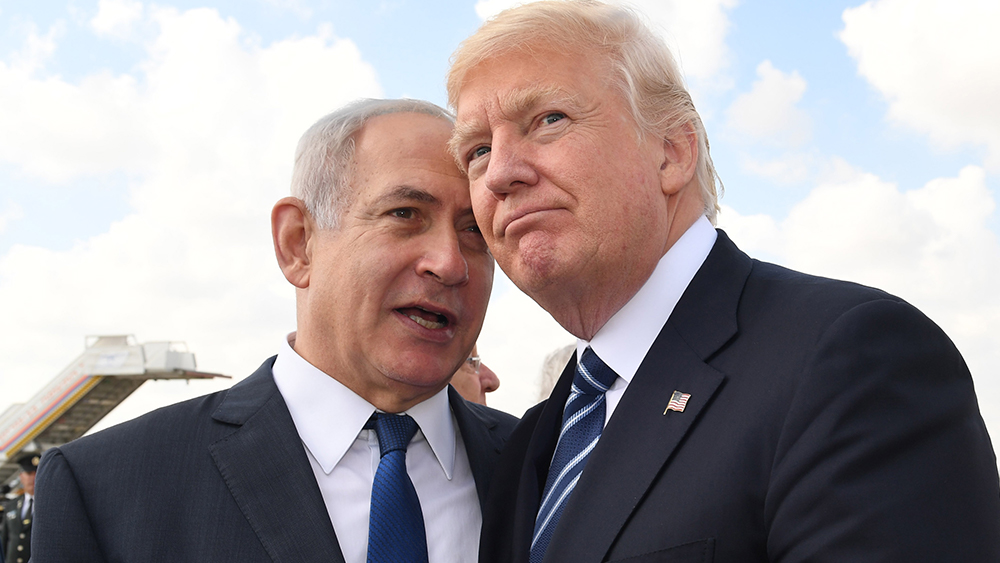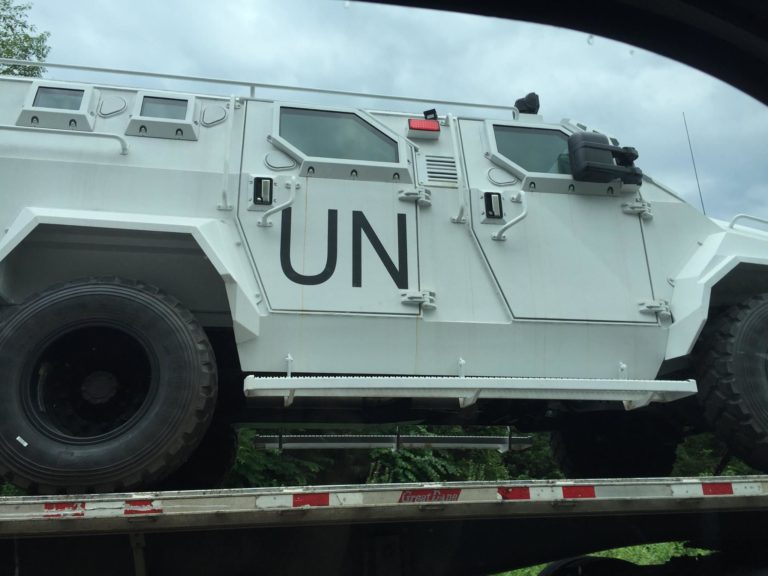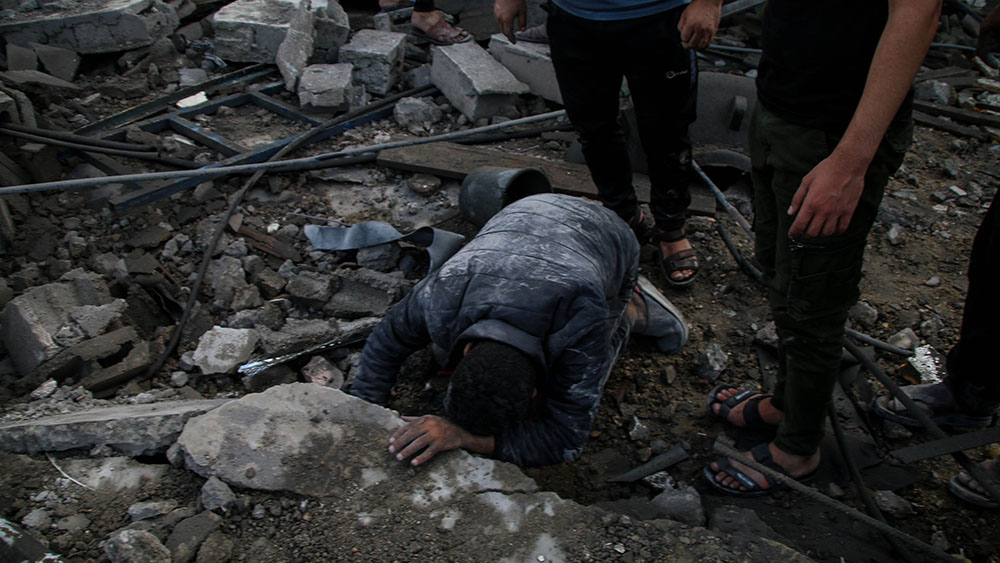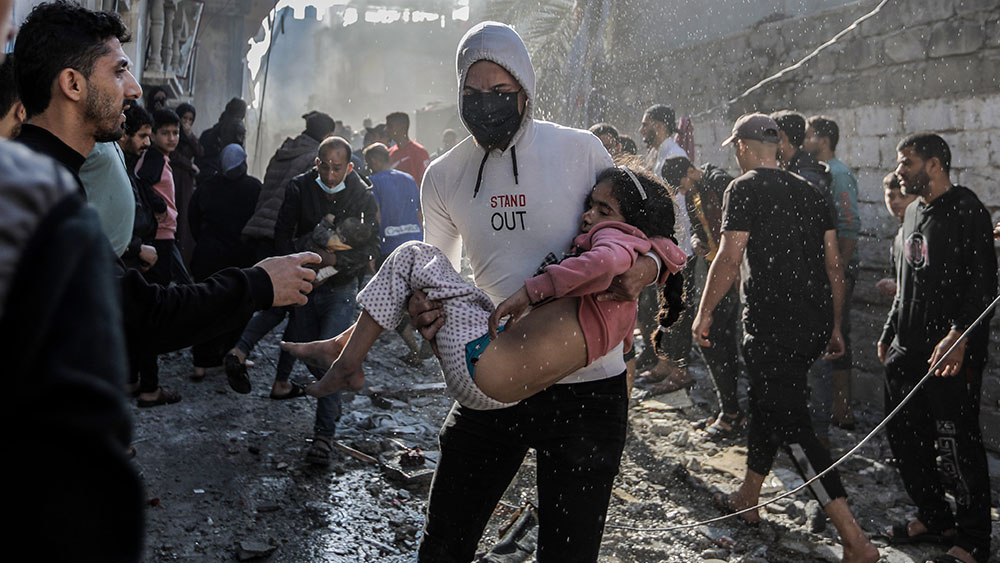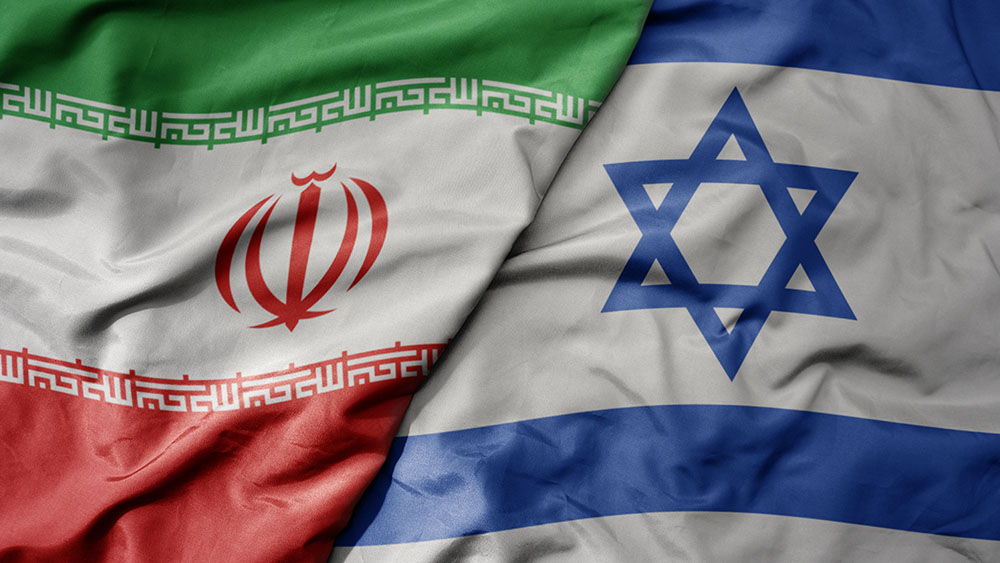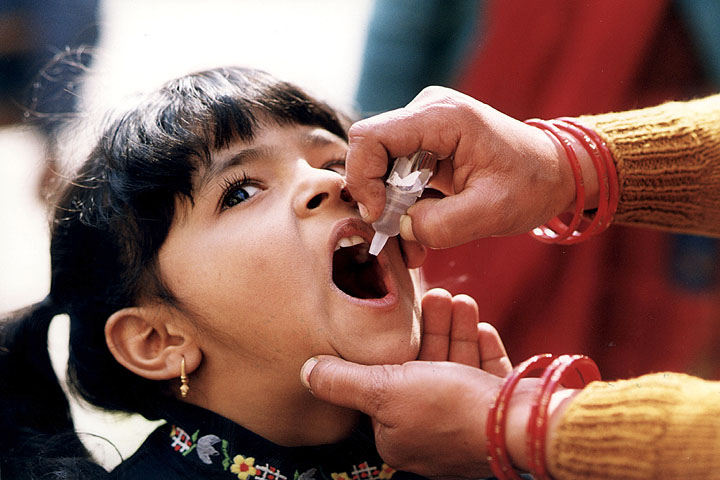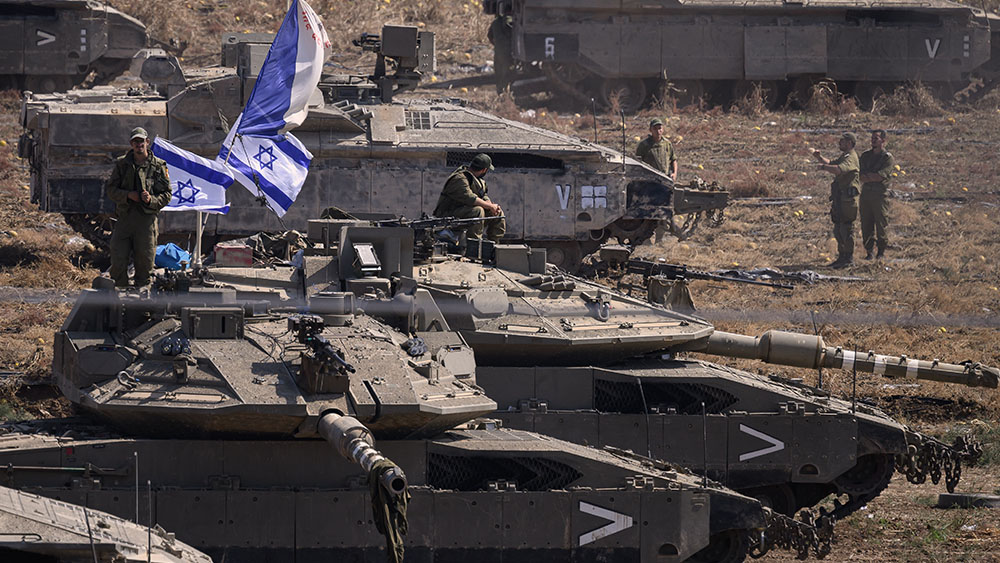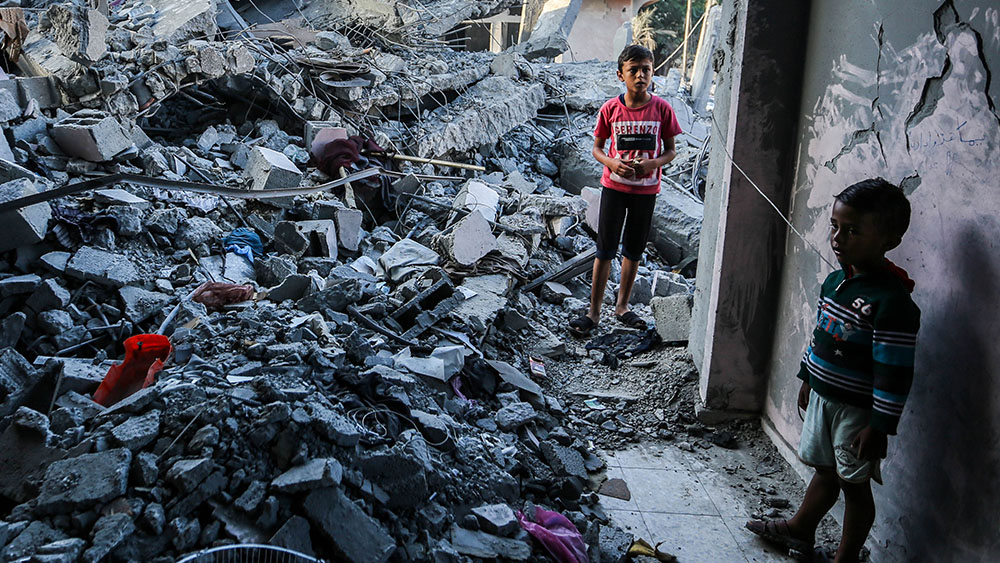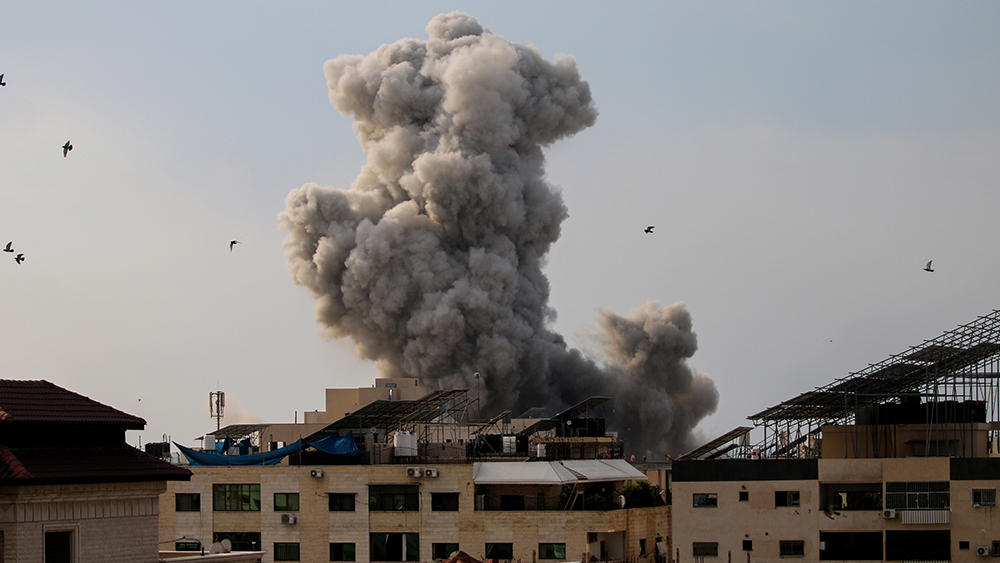Israel conducts airstrike against Houthi-controlled port city of Hodeidah in Yemen, killing at least 3 and wounding 90
07/24/2024 / By Richard Brown
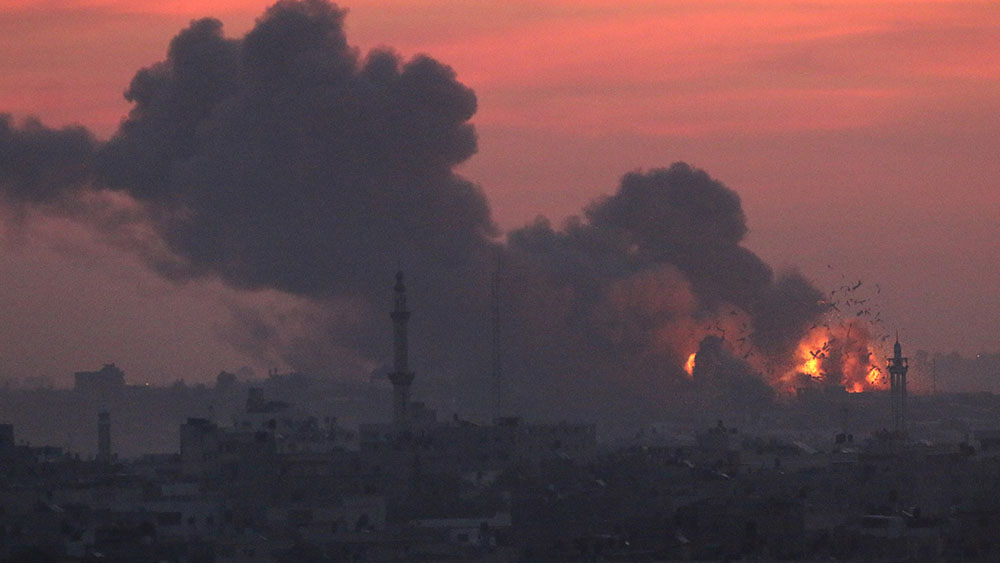
Israeli fighter jets struck alleged Houthi military targets in the Yemeni port city of Hodeidah on Saturday, July 20, killing at least three people and wounding 90. The strike is allegedly retaliatory and comes after Houthis launched a drone strike on Tel Aviv.
According to Yemeni news station Al-Masirah, most of the injured suffered severe burns from the airstrikes. Houthi authorities said the airstrikes did not target military installations but civilian infrastructure including a power station and oil facilities. Hodeidah residents further reported hearing large explosions throughout the city during the intense period of bombardment. Civil defense units and firefighters were deployed to extinguish the fires from the oil tanks at the port.
Confirming the strike, an Israeli military spokesperson claimed that the port was being used by the Houthis to receive weapons from Iran, and that the civilian facilities were actually “dual-use” sites that served both civilian and military purposes. Israel informed its Western allies that it would be targeting Yemen before it struck. The airstrikes were executed by Israeli Air Force F-15 fighter jets, all of which returned safely to Israeli airspace.
The Houthis’ Supreme Political Council promised an “effective response,” and Houthi military spokesperson Brig. Gen. Yahya Saree warned that the Houthis will retaliate by striking vital Israeli targets.
Houthi chief negotiator Mohammed Abdulsalam condemned the strike and warned that the attack will only increase the Houthi movement’s determination to keep fighting Israel.
Hodeidah is a crucial port for delivering much-needed humanitarian assistance to Yemen, a country facing a severe hunger crisis caused by a decade-long civil war. United Nations Secretary-General Antonio Guterres called for restraint and urged Israel to “avoid attacks that could harm civilians and damage civilian infrastructure.” It is unclear whether the Israeli strike would directly affect the provision of aid shipments to impoverished and starving Yemenis.
War in Gaza could escalate into a regional conflict
The Israeli strike came after more than 200 Houthi attacks on Israel, underscoring fears that the ongoing war in Gaza could escalate into a regional conflict.
Israeli Defense Minister Yoav Gallant emphasized Israel’s resolve. “The fire that is currently burning in Hodeidah is seen across the Middle East and the significance is clear,” said Gallant.
On Friday, July 19, a long-range Houthi drone allegedly built by Iran struck near a United States embassy branch office in Tel Aviv, killing one man and wounding four others. This attack followed increased hostilities between Israeli forces and Hezbollah in southern Lebanon and occurred as Prime Minister Benjamin Netanyahu was preparing to address the U.S. Congress. (Related: Houthi drone boats strike oil tankers in the Red Sea.)
Netanyahu accused Iran of engaging in a proxy war against Israel with the help of the Houthis in Yemen, Hezbollah in Lebanon and Hamas in Gaza. He also urged the international community to pressure Tehran and its alleged proxies to ensure the stability of international trade routes.
Meanwhile, Iranian Foreign Ministry spokesperson Nasser Kanaani condemned Israel’s attack on Hodeidah and warned of escalating tensions in the region. Hezbollah also condemned the strike, calling it a “foolish step.”
Watch this short clip showing the impact of one of the Israeli airstrikes on Hodeidah in Yemen.
This video is from the channel Cynthia’s Pursuit of Truth on Brighteon.com.
More related stories:
Yemen’s Houthis claim to have used a domestically made HYPERSONIC MISSILE against an Israeli ship.
Shipping costs are rising all over the world, striking a huge blow to international trade.
Yemen’s Houthis attack bulk carrier in Red Sea with suicide drone boat – first time in this conflict.
Alleged American-Israeli SPY RING in Yemen nabbed by Houthis, accused of sabotage.
Sources include:
Submit a correction >>
Tagged Under:
airstrikes, Benjamin Netanyahu, big government, chaos, Hodeidah, Houthis, Iran, Israel, Israel-Houthi conflict, military, national security, proxy war, Tel Aviv, terrorism, violence, WWIII, Yemen
This article may contain statements that reflect the opinion of the author
RECENT NEWS & ARTICLES
COPYRIGHT © 2017 HUMANITARIAN NEWS


